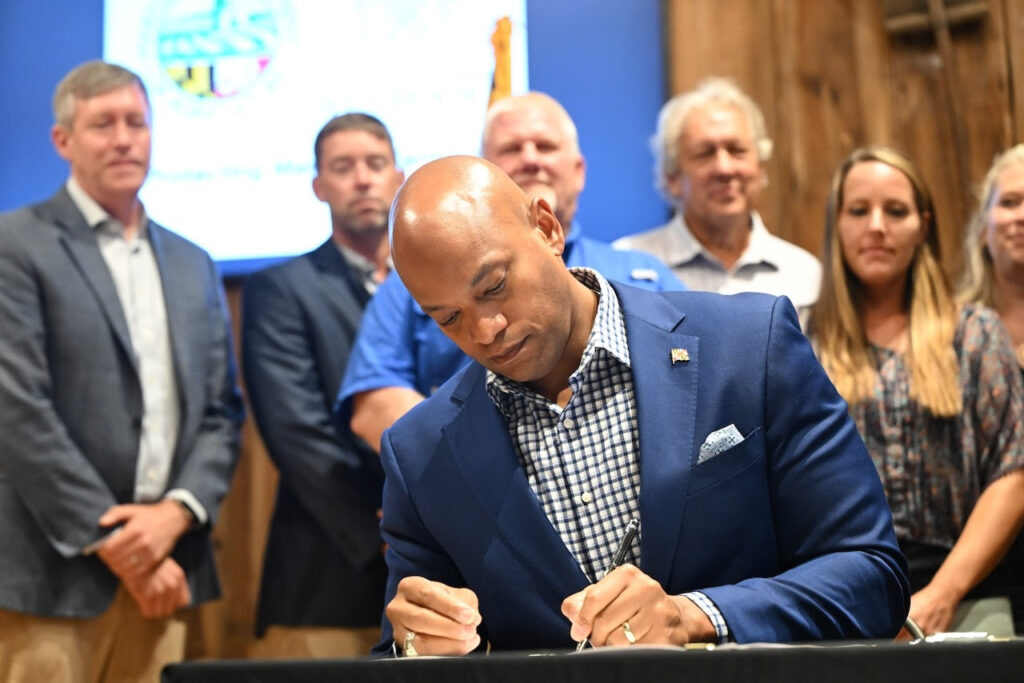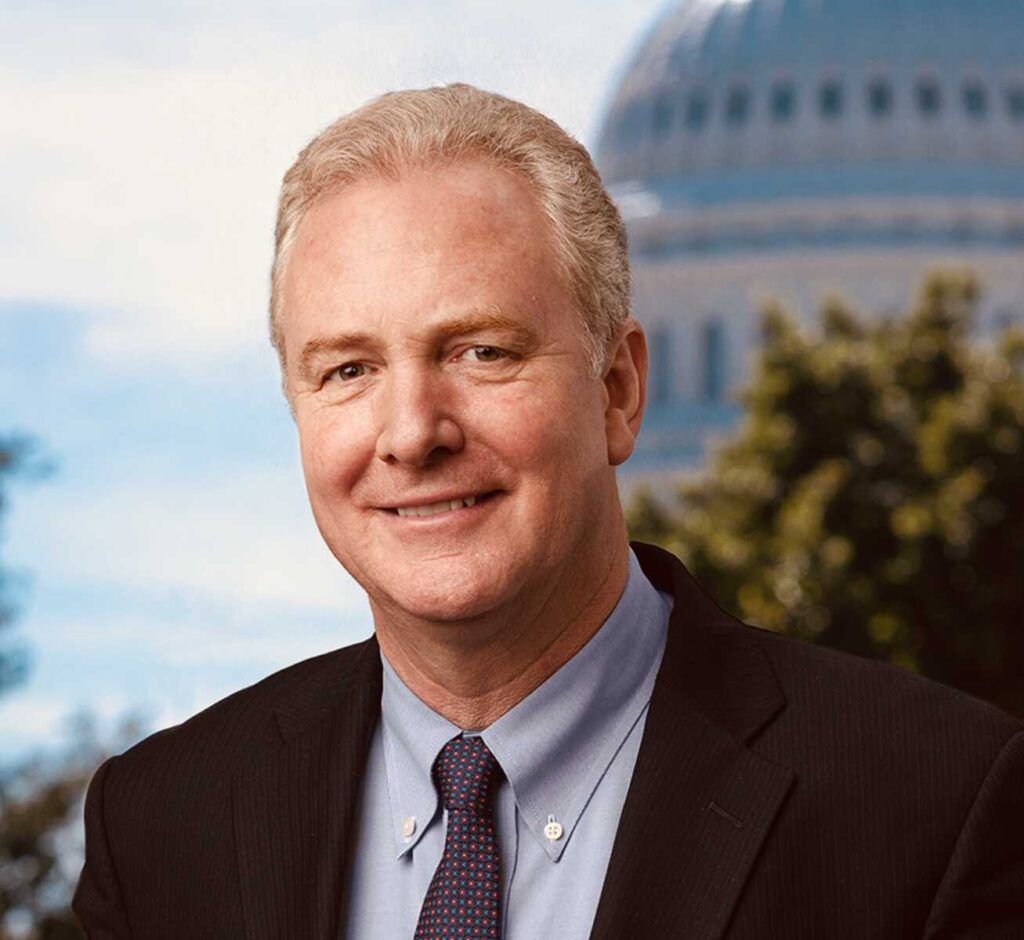In order to foster cooperation, lower regulations, and generate economic possibilities for Maryland farmers, Governor Wes Moore issued an executive order on Monday extending the Governor’s Intergovernmental Commission for Agriculture to include more state departments.
Governor Wes Moore signed an executive order today to support Maryland’s agricultural industry and increase economic opportunities for Maryland farmers, according to the news release issued on Monday, July 29. Through improved cooperation and the encouragement of more business-friendly practices, the executive order updates and broadens the Governor’s Intergovernmental Commission for Agriculture, which will improve the agricultural sector’s economic viability, growth, and profitability in Maryland.
Governor Moore stated that the success of our farmers is essential to the success of our state. This decision broadens a commission that has served as a vital platform for Marylanders to create innovative answers to agricultural problems for the past 20 years. The results for our farmers are as follows: more robust collaborations, more accurate indicators of economic expansion, and a state that is cohesive in its strategy and agile in its implementation.
Maryland Secretary of Agriculture Kevin Atticks, Maryland Secretary of State Susan Lee, Maryland Secretary of Environment Serena Mcllwain, Maryland Department of Planning Secretary Rebecca Flora, Maryland Department of Emergency Management Russ Strickland, and leaders of the agriculture industry joined the governor for the signing at Boordy Vineyards in Hydes, Maryland.
Secretary Kevin Atticks of the Maryland Department of Agriculture remarked, “I am pleased to have these agencies join the commission and am looking forward to carrying on the vital work that GICA does.” I express my gratitude to Governor Moore for his unwavering support of Maryland’s agriculture sector.
The executive order updates the Governor’s Intergovernmental Commission for Agriculture, which was first created in 2006 to support Maryland agriculture by encouraging cooperation between state and local government agencies and business associations, creating an environment that is conducive to business, and tackling topics like agritourism, food production, and soil health. In order to promote a coordinated agricultural strategy for Maryland, the commission is also instructed under the executive order to create intergovernmental goals, plan economic development initiatives, recommend policies, and submit an annual report to the governor on its progress.
Along with doubling the commission’s size by including six more agencies, the executive order instructs the Maryland Department of Agriculture to spearhead a whole-of-government strategy to lower regulations, advance agricultural literacy, and generate revenue for Maryland farmers.
The commission was expanded to include the president of the University of Maryland Center for Environmental Science, the Maryland Energy Administration, the Maryland Department of Labor, the Maryland Department of Human Services, the Maryland Department of Aging, the Maryland Department of Emergency Management, and the Maryland Department of Education.
You may find a complete list of the commission’s current members at mda.maryland.gov.
Through the Agricultural Land Preservation Foundation, the Moore-Miller Administration preserved about 360,000 acres of farmland in its first year. The Chesapeake Bay Legacy Act, which Governor Moore introduced and passed during this legislative session, had provisions to encourage cooperation among the agricultural industry, such as the Leaders in Environmentally Engaged Farming (LEEF) program. This month, Governor Moore also signed an executive order on environmental justice to eliminate the obstacles separating capital and farmers.











